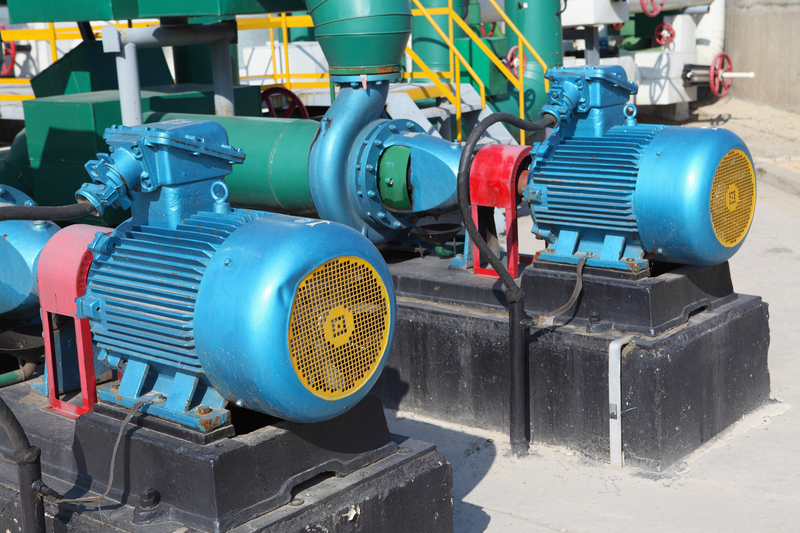With energy taking up a large part of a plant’s costs, having efficient technologies throughout can result in significant decreases in operating costs. The industry has seen many advances in energy efficient pumps which happen on a regular basis, making it essential to know the benefits of these pumps, including replacement cost and life cycle. Energy efficiency in pumps begins with proper pump selection, including sizing and function, as well as knowledge of the latest technologies to make the most of any operation.
Pumps in the Past
Back in 1996, a report revealed that the average pumping efficiency among the 1,690 pumps studied was less than 40% with an additional 10% of these operating below 10%. The two main causes were pump over-sizing and throttled valves, which led pump and motor manufacturers to focus on and improve energy efficiency over the years.
In the past, pump design focused on mechanical performance, but now that has shifted to pumps with better overall performance – including the use of energy efficient motors – in order to lower costs while maximizing output. With this shift, it is important to realize that installing pumps with energy efficient motors aren’t the only step in improving overall performance.
Pump Performance
Many factors other than the motor can influence pump performance, the most prevalent of which are: the efficiency of additional pump and system components, overall system design, pump control, and adherence to appropriate maintenance cycles. Poor pump performance can result in lower product quality, longer production times, collateral damage to other pieces of equipment, and increased maintenance costs, not to mention the cost of repairing the pump or replacing it before it’s normal life cycle is complete.
A few other facts concerning pumps with energy efficient motors:
- A typical refinery has about 200 pumps in use at all times.
- A small percentage of these pumps are regularly monitored for potential signs of failure.
- Other causes of pump failure include damage to seals, bearings, and other internal components, as well as misalignment and imbalance in pumps.
- A pump’s efficiency can degrade from 10% to 25% throughout its life cycle.
- Changes in the process can add to the degradation.
- Pump failure can cause overall production losses of up to 0.2%.
- Pump failure can also compromise the safety of the environment and even personnel.
- Pumps that do not perform well can be repaired, but sometimes replacing them with an energy efficient pump can save more in the long term.
- Pump repairs consume up to 7% of the total maintenance budget.
- A pump with an efficient motor can reduce energy use by 2% to 10%.
- Pumps with energy efficient motors have been shown to increase the efficiency of the pump system by 2% to 5%.
The Future of Energy Efficient Pumps
There have been many advancements in energy efficient pumps both for the future and in use today. A few are:
- Variable Speed Drives – This component allows pumps to operate at their best efficiency even if there is pump oversizing. They can also be programmed to protect the pump from mechanical damage and other useful functions.
- Permanent Magnet Motor – Designed by WEG as an IE5 motor to meet new industry standards, the PMM has an efficiency rating of 96.6% and lower losses than advanced IE4 motors.
- Increased Safety Margins – In anticipation of continued load growth, manufacturers of pumps routinely add 10% to 50% “safety margins” to ensure the motor and pump can adequately accommodate anticipated capacity increases.
If you’d like to read more about the latest information on energy efficiency in pumps, click here.
Sources:
http://ietd.iipnetwork.org/content/efficient-pumps-and-motors
http://www2.emersonprocess.com/en-US/industries/refining/applications/Pages/EAMPumps.aspx





[…] Article by: Charli K. Matthews This article was previously published on EmpoweringPumps.com […]